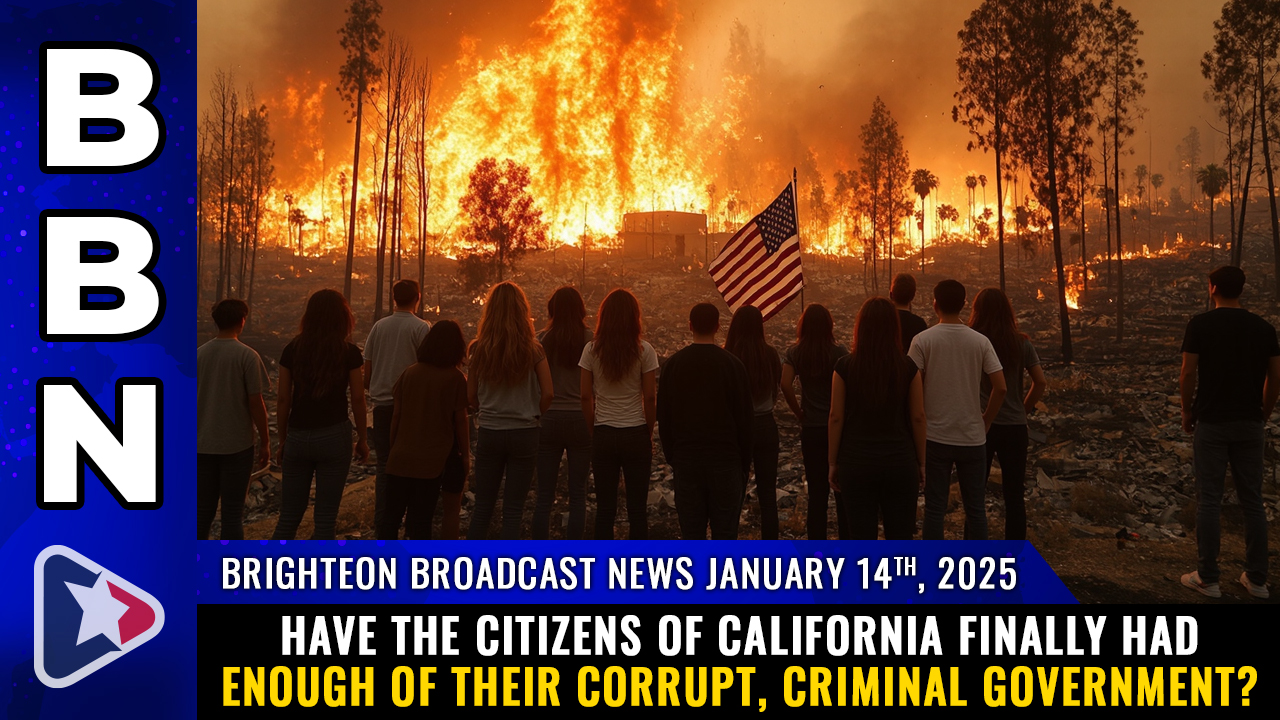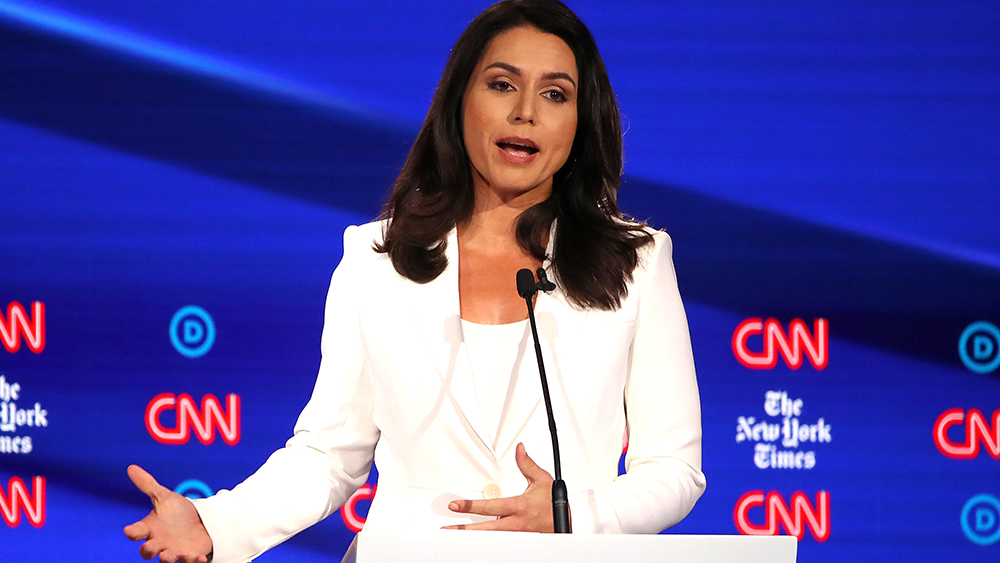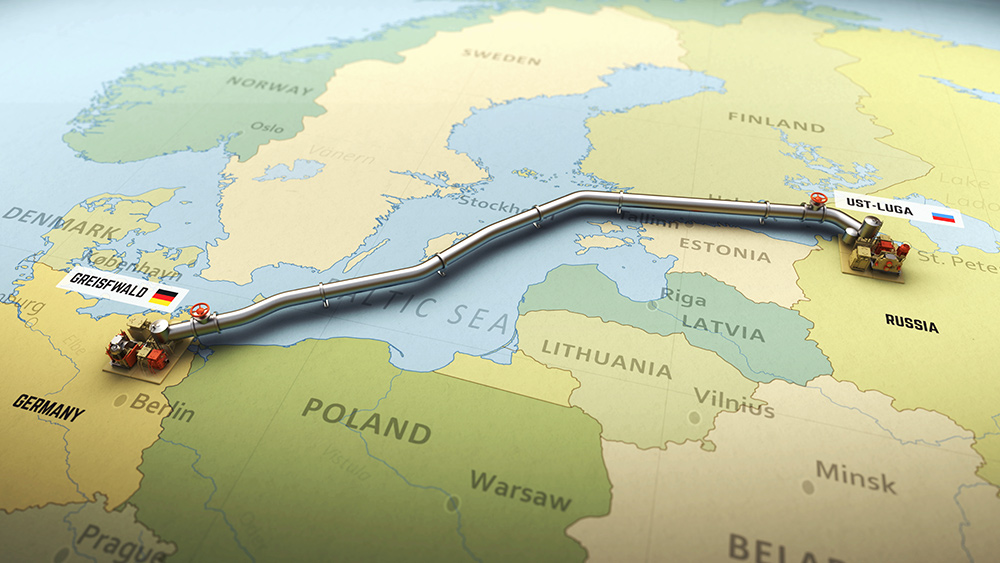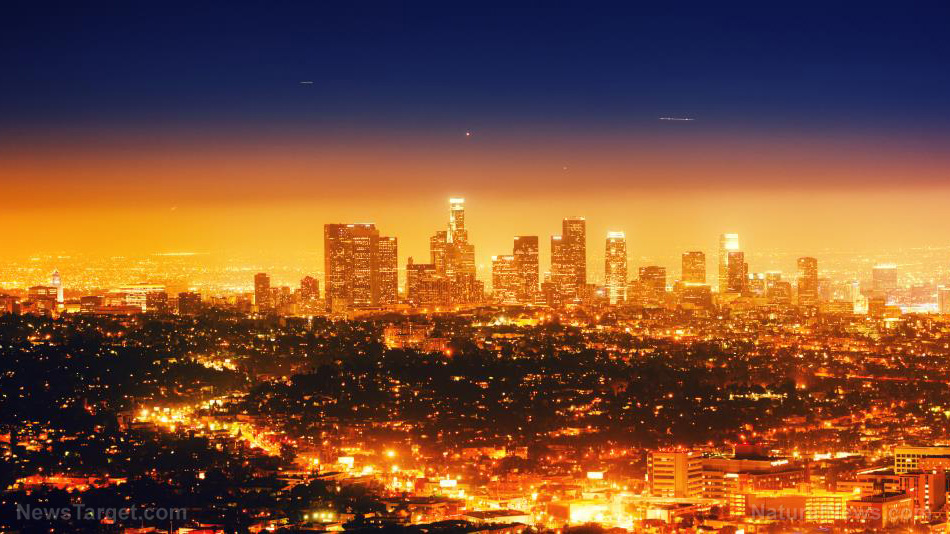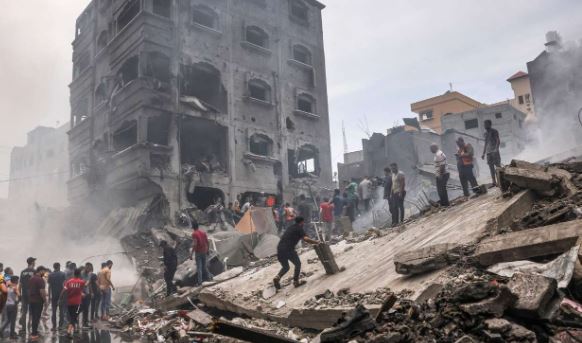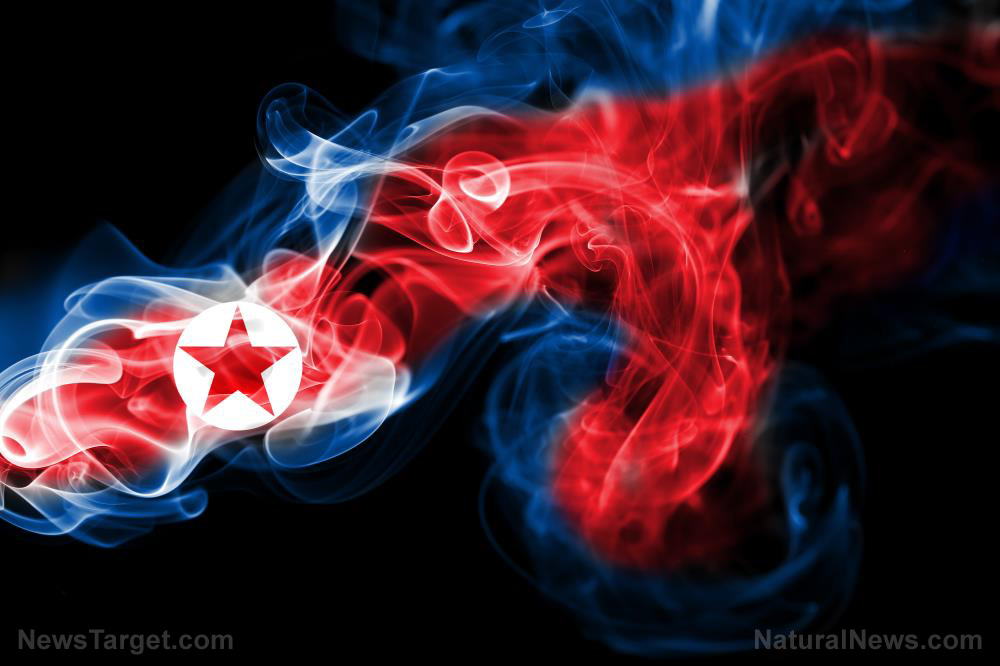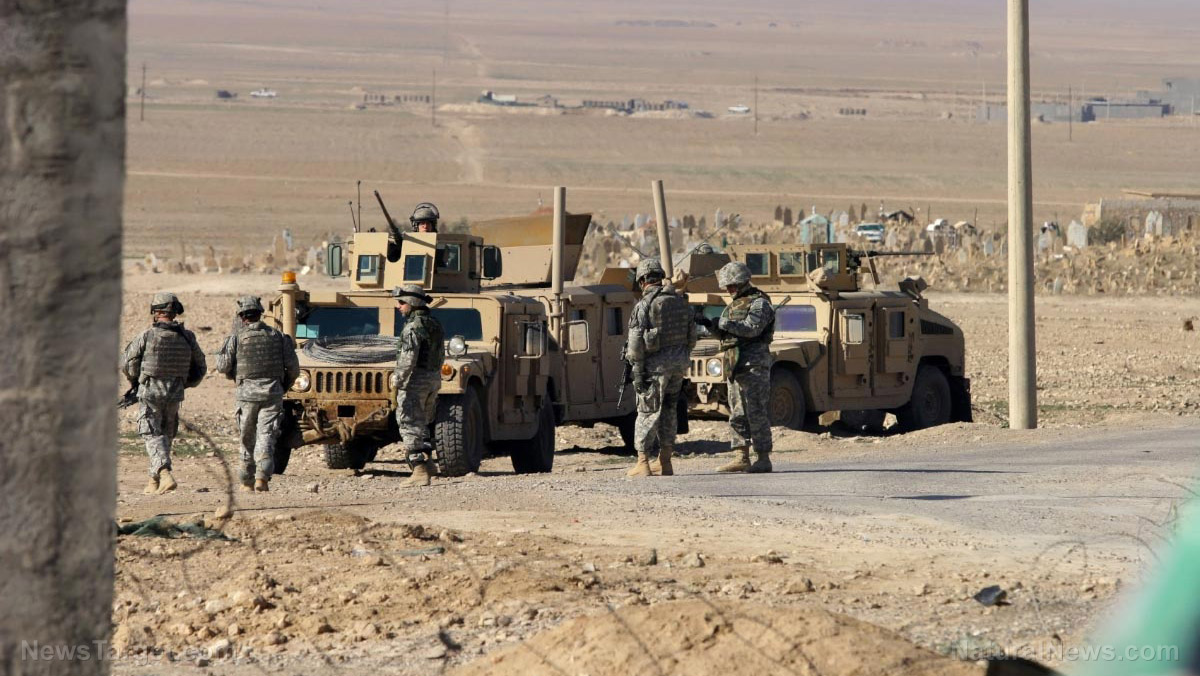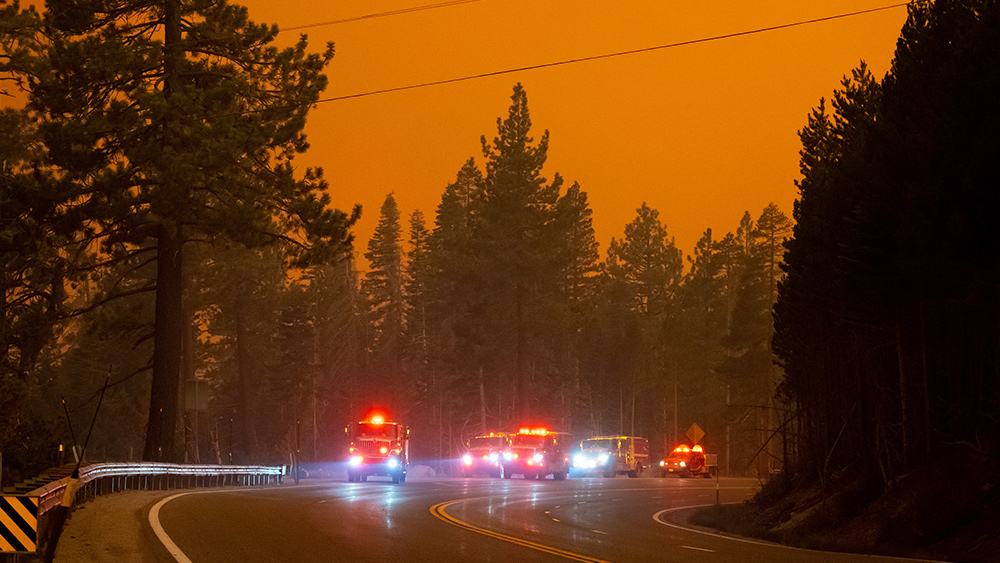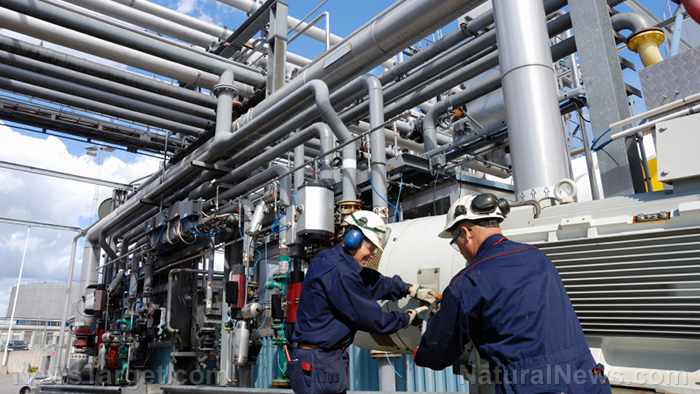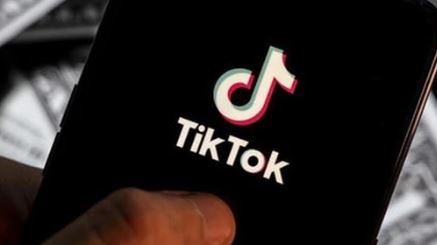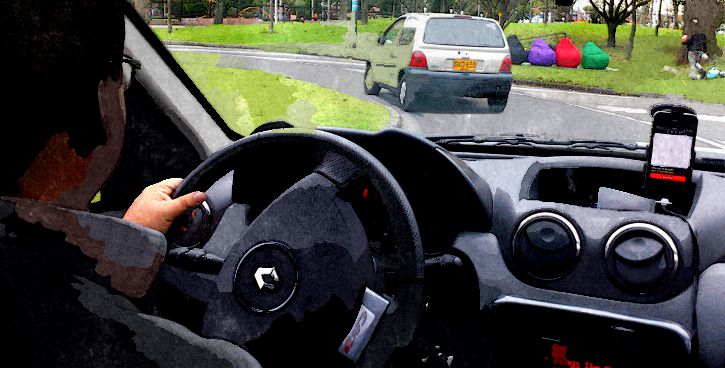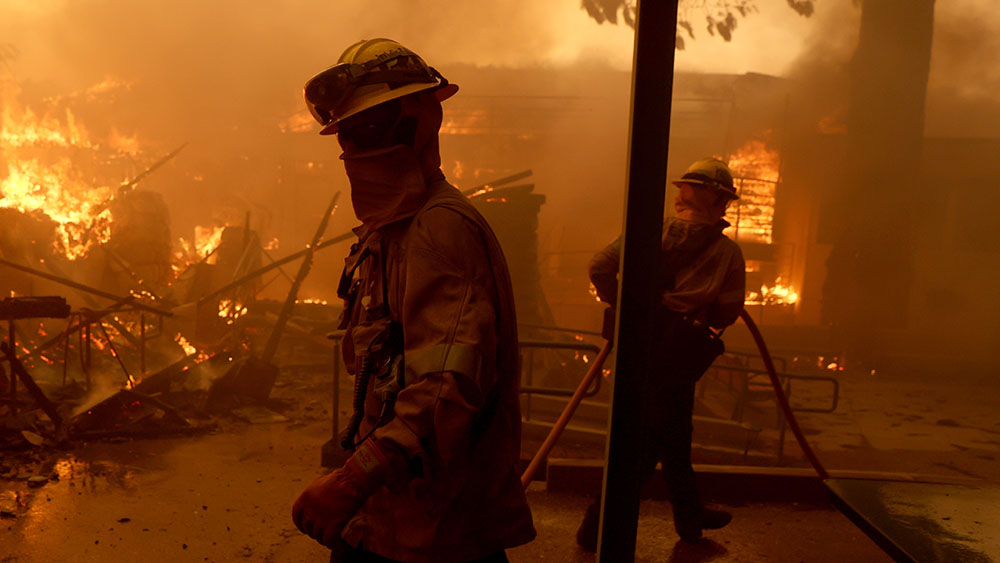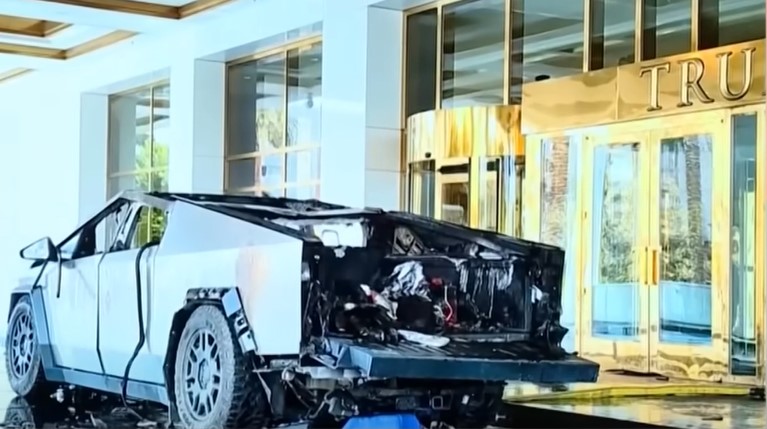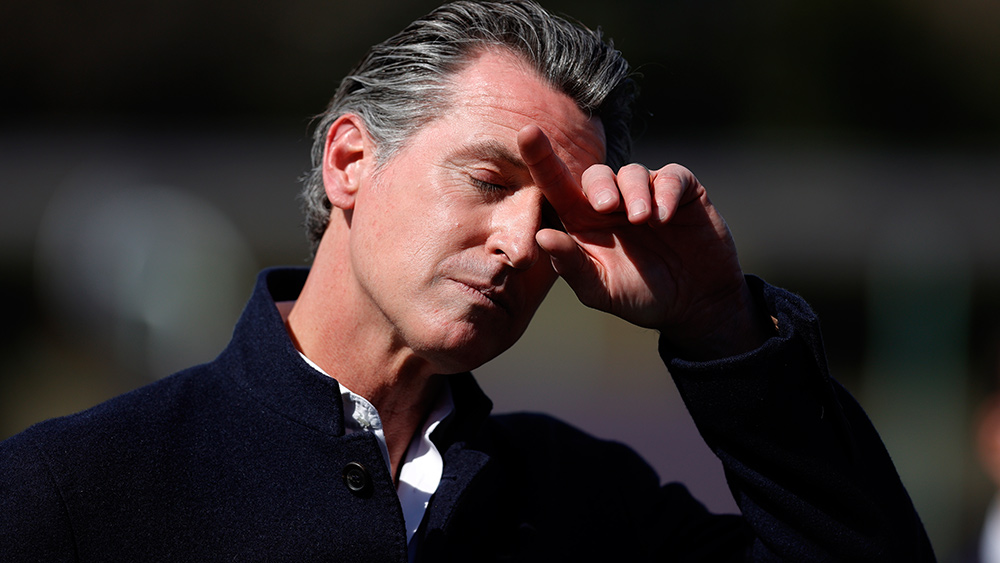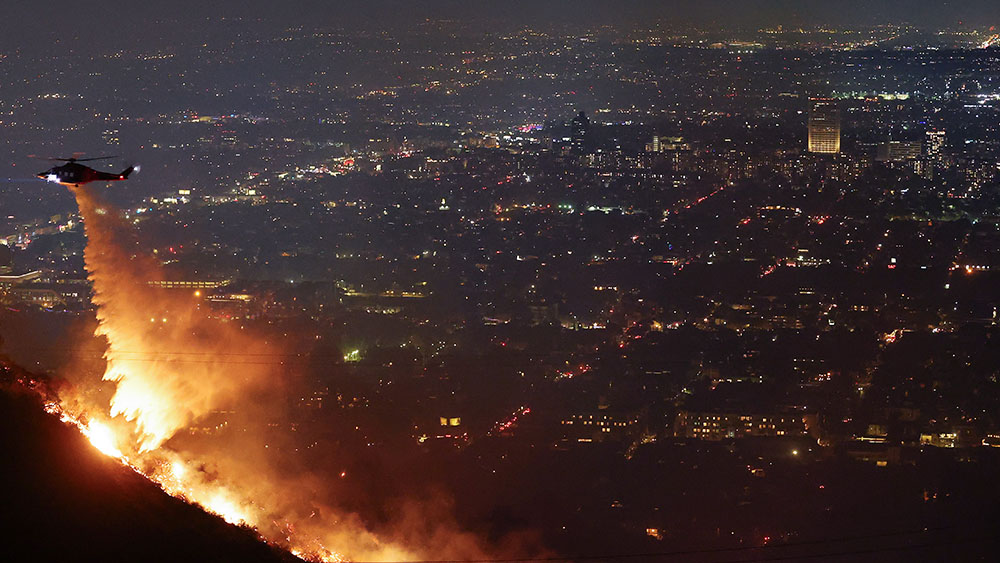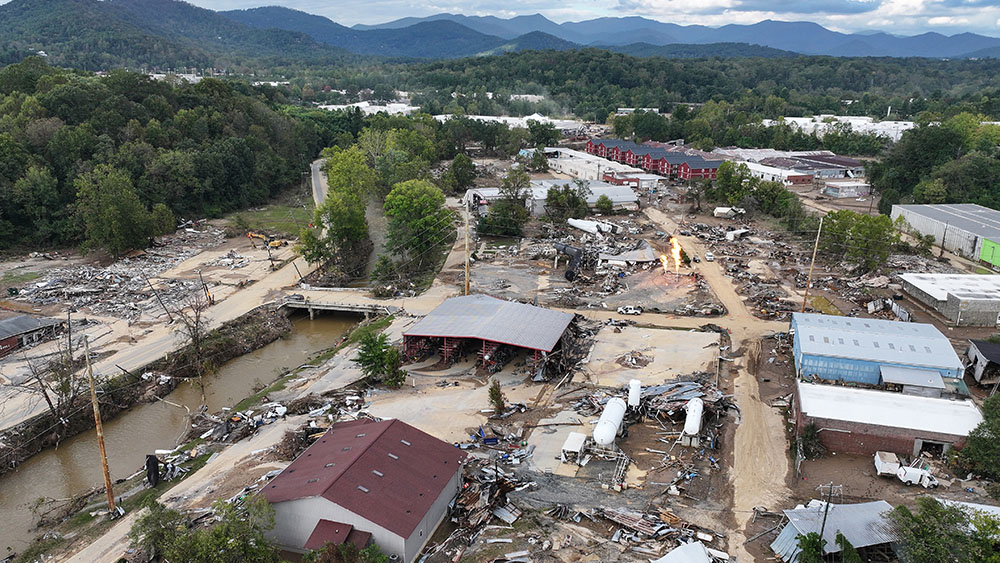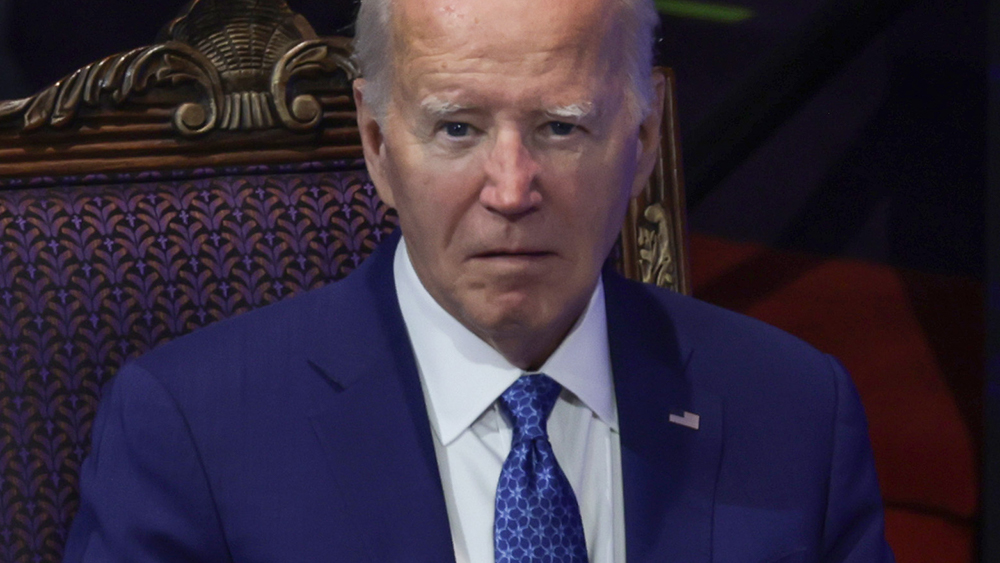Slovak PM threatens sanctions against Ukraine over gas transit cutoff
01/12/2025 / By Belle Carter

- Slovak Prime Minister Robert Fico issued a warning that the European Union could collapse due to the inability to address the economic fallout from Ukraine’s decision to halt Russian gas transit to EU member states.
- Fico accused Ukrainian President Volodymyr Zelensky of sabotaging Slovakia and the EU’s financial interests over energy supplies, with Ukraine’s refusal to extend a gas transit contract with Russia’s Gazprom beyond 2024 cutting off natural gas supplies to Hungary, Austria and Slovakia.
- Fico vowed to travel to Brussels to meet with Energy Commissioner Dan Jorgensen, and they met on Thursday to discuss the impact of the gas transit halt on regional energy prices.
- Fico threatened to deploy a range of political and economic sanctions against Ukraine, including cutting off electricity exports and stripping support from Ukrainian refugees in Slovakia.
- The situation highlights the EU’s long-standing reliance on Russian energy, a dependency that has been a source of tension since Russia’s invasion of Ukraine in 2022, and the urgent need for the bloc to address its economic vulnerabilities and maintain unity.
Slovak Prime Minister Robert Fico has issued a stark warning about the European Union’s future, claiming the bloc could collapse under the weight of its inability to address economic fallout from Ukraine’s decision to halt Russian gas transit to EU member states.
Fico’s remarks, made in a video message on Wednesday, Jan. 8, come as tensions between Slovakia and Ukraine escalate over energy supplies, with Fico accusing Ukrainian President Volodymyr Zelensky of sabotaging the financial interests of Slovakia and the European Union.
Ukraine’s refusal to extend a gas transit contract with Russia’s Gazprom beyond 2024 has effectively cut off natural gas supplies to Hungary, Austria and Slovakia. Fico described the move as a deliberate act of sabotage, warning that it could trigger an energy crisis across the EU and result in €70 billion ($72 billion) in damages. (Related: Ukraine cuts off Russian gas to Europe, harming Transnistria, Slovakia and Hungary.)
“Neither Slovakia nor the EU is at war, we have no reason to tolerate Zelensky’s adventures, especially looking at the aid Slovakia and the EU are providing to Ukraine,” Fico said in the video, as quoted by News Now agency.
Fico vowed to travel to Brussels to meet with Energy Commissioner Dan Jorgensen, saying he would do everything he could “to wake him up from his sweet sleep because we have a ‘bloody’ serious problem.” Fico and Jorgensen met on Thursday, Jan. 9, to discuss the impact of the gas transit halt on regional energy prices, agreeing to continue talks on the matter.
The dispute underscores the EU’s long-standing reliance on Russian energy, a dependency that has been a source of tension since Russia’s invasion of Ukraine in 2022. While the EU has made strides in reducing its reliance on Russian gas, countries like Slovakia and Hungary remain heavily dependent on imports. The expiration of the Gazprom-Ukraine transit deal marks a significant shift in the region’s energy landscape, with Slovakia set to lose €500 million ($515 million) in annual transit fees.
Fico’s warnings about the EU’s potential collapse echo broader concerns about the bloc’s ability to maintain unity in the face of economic and geopolitical challenges. His recent trip to Moscow, where he secured gas supplies for Slovakia via the TurkStream pipeline, has drawn criticism from Zelensky, the Slovak opposition and some Western officials, who accuse him of aligning with Moscow. Fico has denied these allegations, insisting his priority is to safeguard Slovakia’s financial and national interests.
Slovak floats economic, political retaliatory measures against Ukraine
In response to Ukraine’s actions, Fico has threatened to deploy a range of political and economic sanctions against Kyiv. These include cutting off electricity exports to Ukraine, which is already facing a power crisis due to Russian attacks on its energy infrastructure, and stripping support from Ukrainian refugees in Slovakia. Fico’s Smer party, along with Hungarian Prime Minister Viktor Orban’s government, has also threatened to block Ukraine’s proposed EU accession over the standoff.
Zelensky, however, remains defiant. In December, he stated that he would not allow Russia “to earn additional billions on our blood” through gas exports. “And any country in the world that can get something cheap from Russia will eventually become dependent on Russia,” he said.
Despite Fico’s dire warnings, the European Commission has downplayed the immediate impact of the gas transit halt, stating that it has not caused shortages or major price spikes. However, the situation has already led to a surge in European energy prices, with prices reaching €50 ($51.46) per megawatt hour for the first time in over a year. Italy has called for an extension of the EU’s emergency gas price cap to prevent further shocks.
Following his meeting with Fico, Jorgensen emphasized the need for continued dialogue. “We have agreed to set up a High-Level Working Group to follow up and identify options based on a joint assessment of the situation and see how the EU can help,” he said in a statement shared with Politico.
As Slovakia and Ukraine lock horns, the EU faces a critical test of its ability to navigate internal divisions and external pressures. Fico’s warnings of a potential EU collapse may be hyperbolic, but they underscore the urgent need for the bloc to address its economic vulnerabilities and maintain unity in an increasingly volatile world.
Head over to RussiaReport.news for similar stories.
Watch the video below that talks about gas prices skyrocketing as Gazprom cuts off fuel supply to Europe.
This video is from the InfoWars channel on Brighteon.com.
More related stories:
Sources include:
Submit a correction >>
Tagged Under:
big government, bubble, economic riot, EU, Gazprom, market crash, risk, Robert Fico, Russia, Russia-Ukraine war, Russian gas, sanctions, Slovak, Ukraine, Volodymyr Zelensky
This article may contain statements that reflect the opinion of the author
RECENT NEWS & ARTICLES
COPYRIGHT © 2017 NATIONAL SECURITY NEWS


